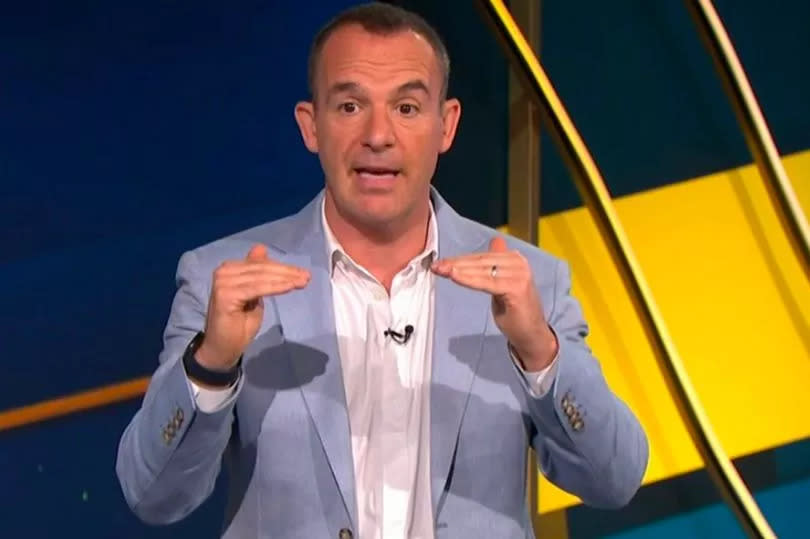Money Saving Expert Martin Lewis says you could get £18,570 savings tax-free - here's how

Financial expert Martin Lewis has explained how people can make the most of their savings.
The topic of tax-free savings was discussed by Martin and other experts in the latest episode of The Martin Lewis Podcast. They were there to answer some listeners' questions, and tax guru Rebecca Benneyworth was among those on the panel.
One caller, Angus from Derby, explained how he'd desperately researched every avenue trying to find the answer to his dilemma before turning to Martin Lewis for help. Angus said he was getting in touch about the starting rate for savings tax allowance, which is £5,000 for people on low income, allowing them that additional savings completely tax-free, reports the Mirror.
Read More: Martin Lewis explains how DWP Universal Credit claimants can get £1,200 bonus with savings scheme
Get all the latest money news and budgeting tips from Chronicle Live with our free newsletter
He asked: "I’m in a situation where I’ve been lucky enough to retire a couple of years before retirement age. I’ve got a relatively low income for a few years until my state pension kicks in or I take some money out of my private pension plan but I’ve got relatively high savings."
Martin interjected, noting that Angus is in a "sweet spot for the starting savings rates". He added: "This is for anyone with relatively low income and high interest effectively. You may be able to get up to £18,570 without paying any tax on it."
The finance guru revealed the "right circumstances" that would allow for this would be if a person had an earned income, not savings income, under the allowance of £17,570. These people can combine the usual £12,570 tax-free personal allowance with the starter rate of £5,000 to get a sensational £18,570 savings tax-free.
The personal allowance is available to everyone and is the amount they can earn each tax year without paying income tax. This includes income from interest or employment. Rebecca explained the situation further: “If your non-savings income is quite low, let’s imagine your non-savings income is £8,000 a year.
"You’ve got the rest of your personal allowance first to use against your savings income so that’ll be £4,570. Then once you hit tax, your first £5,000 worth of savings is subject to a starting rate which is a lovely round number of zero."
On the opposite side of the spectrum, Rebecca explained how those above the personal allowance can still make use of the exemption: "If you’ve got £15,000 worth of non-savings income, you’ve still got some of that £5,000 band left because that £5,000 would take you up to £17,570."

 Yahoo News
Yahoo News 
